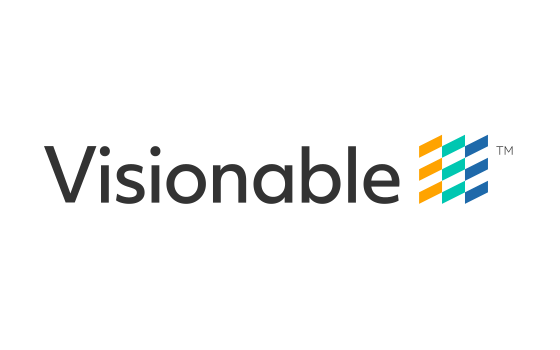 Rachel Dunscombe joined Visionable as its chief technology officer on Monday (30 March). Rachel is one of the best-known health tech leaders in the UK, as a result of her work with the NHS Digital Academy, the KLAS ARCH Collaborative, and Salford Royal NHS Foundation Trust.
Rachel Dunscombe joined Visionable as its chief technology officer on Monday (30 March). Rachel is one of the best-known health tech leaders in the UK, as a result of her work with the NHS Digital Academy, the KLAS ARCH Collaborative, and Salford Royal NHS Foundation Trust.
In her new role, she will lead Visionable's strategy on the development of its unique video collaboration platform to meet the evolving needs of integrated care systems, the clinicians who work in them, and their patients.
"In the past few weeks, we have seen the rapid development of new pathways to respond to the Covid-19 outbreak," she said. "But once we are through the crisis, we will need to continue that work to enable redesign of care pathways in the system."
"I see Visionable as a platform that we can scale fast in the face of Covid-19, to help keep clinical staff safe by reducing unnecessary contact between teams and patients.
"In the longer-term, I see it as part of a technology ecosystem that gets clinicians and patients working together, so clinicians can make the right decisions, in the right place, at the right time, while giving patients new tools to manage their own health.
"At Salford and at the NHS Digital Academy I was fortunate to be able to collaborate on great ideas for service redesign. People were starting to push on the gas, even before the current situation made that imperative. I wanted to find a role in which I could implement those new models of care, and at Visionable I have found it."
Visionable was founded by two NHS leaders who could see the potential of using technology to support clinical collaboration and to improve access to services for patients. The company has developed a large-scale collaboration platform specifically for healthcare that enables multiple users to share real-time audio and video feeds from any device.
The platform can handle anything from straightforward calls and presentations to live CT scans and feeds from cameras used to examine the ear or throat.
It is already being used to connect ambulances with A&E units, to deliver consultant-led stroke care to patients out of hours, to facilitate multi-disciplinary team meetings, and to run virtual outpatient clinics and remote consultations.
Chief executive Alan Lowe said Rachel's experience would help Visionable to take a strategic approach to developing new features to support growth. "Rachel is seen as a thought-leader, not just in this country but internationally," he said.
"She will be taking on the strategic direction of the functionality we develop, working closely with clinicians. We have ambitious plans for growth, and we are putting together an outstanding team to deliver it; one that wants to do good and that is committed to our mission of supporting clinicians and making healthcare more accessible and equitable for everyone."
Rachel started her career in the private sector, but soon moved into the public sector in the North West. She was chief information officer at Bolton NHS Foundation Trust before she moved to Salford Royal as chief information officer and then director of digital.
She left the trust to become the first chief executive of the NHS Digital Academy, which was set up following the Wachter Review of NHS IT to develop a new generation of health tech leaders, and to lead KLAS' Global Arch Collaborative.
The NHS Digital Academy has paused its commencement of cohort 3 while the NHS tackles the Covid-19 outbreak, but Rachel will set aside some time each week to fulfil her commitments to it and the KLAS Arch collaborative.
About Visionable
Visionable is a healthcare technology company that provides a universal video collaboration platform for clinicians to deliver better patient care. Designed by founders who have worked within the NHS and who continue to partner closely with NHS clinicians, the platform has been built specifically to address the advanced technical needs found in healthcare. To achieve a truly 'connected health' system, Visionable makes it easy for everyone - from clinicians to whole organisations - to work together, ensuring patients' access to the timeliest, best care possible.